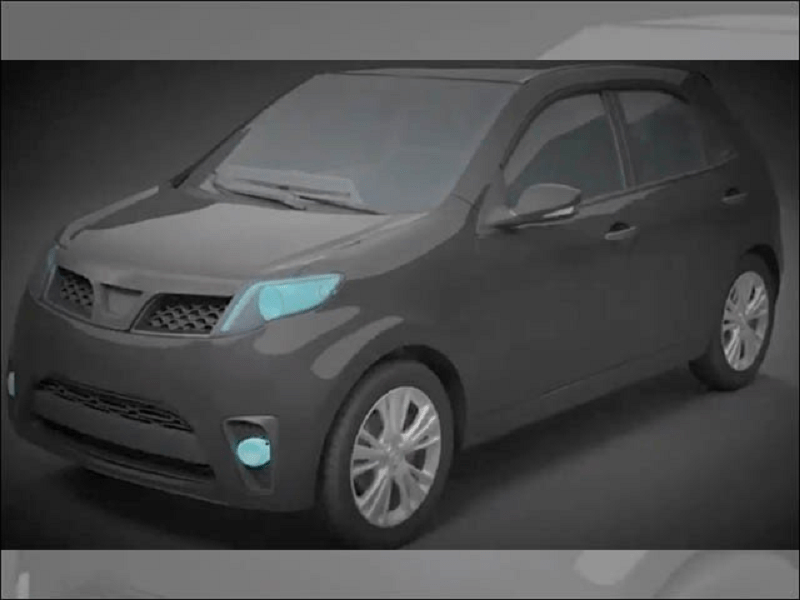Islamabad:
The government has intensified efforts at the level of the policy to promote electric vehicles in the country because it offers a wide range of advantages in the environment, public health, industrial development sectors.
This was declared by Muhammad Saleem Shaikh, spokesperson for the Ministry of Climate Change and Environmental Coordination on Sunday in the context of the new Federal Government Electric Government Policy (NEVP) launched on Friday.
The policy aims to ensure a fair and inclusive transition to clean mobility, reduce dependence on fossil fuels, stimulate local innovation and create new green jobs, he said.
“The Government of Pakistan intensifies efforts to promote the adoption of electric vehicles (VE) as a key element in the agenda of resilience to clean energy and the climate of the country. The transport sector being a major contributor to greenhouse gas emissions and urban air pollution, the transition to actions is a significant evolution towards sustainable, healthier and economically viable evolution,” official.
He also declared that the Ministry of Climate Change and Environmental Coordination (MOCC & EC)) has already reaffirmed its commitment during various forums to promote electric vehicles in the country as a strategic priority in the country’s transition to a low carbon and climate termination future and to reduce carbon carbon emissions by vehicle and a climate.
Saleem Shaikh said: “Recognizing the transport sector as among the main contributors to air pollution and greenhouse gas emissions which cause climate change, the ministry would now actively support all possible efforts for the implementation of the new, cleaner, cleaner, healthier and more durable, new, cleaner and more sustainable mobility policy.
The director general of the ministry, Mohammad Asif Sahibzada, stressed that the Ministry of Industries and Production, MOCC and EC and other industrial and non -industrial key stakeholders worked in close collaboration to implement new policy.
He added that politics would greatly contribute to bringing more and more electronic vehicles on the country’s roads, because it envisages 30% of all the new vehicles sold by 2030 to be electric – including two -wheelers, three wheels, buses and cars.
“This transition is not only vital to treat the negative impacts of carbon emissions linked to the transport sector which contributes to climate change, but also crucial to ensure a future, efficient and inclusive transport for all Pakistanis,” said Asif Sahibzada.
Speaking of the advantages of environmental and public health, Sahibzada stressed that the EVs emit zero-tutyal pollutants, considerably reducing urban SMOG and climate reheating emissions. This change supports the country’s commitments under the Paris Agreement and its national climate change objectives, he added.
“Cleanier air means fewer respiratory and cardiovascular diseases. With fewer roads on the road, citizens – especially children and the elderly – will benefit from the improvement in healthy health and health costs,” he said.
He added that electric vehicles undoubtedly offer long -term savings due to the drop in fuel and maintenance costs. They reduce Pakistan’s dependence on imported fossil fuels, helping to stabilize the economy and protect against global energy prices, he added.
The director of the Ministry of Urban Affairs and Experts in Urban Air Pollution, Muhammad Azeem Khoso, said that cleaner means fewer respiratory and cardiovascular diseases.




